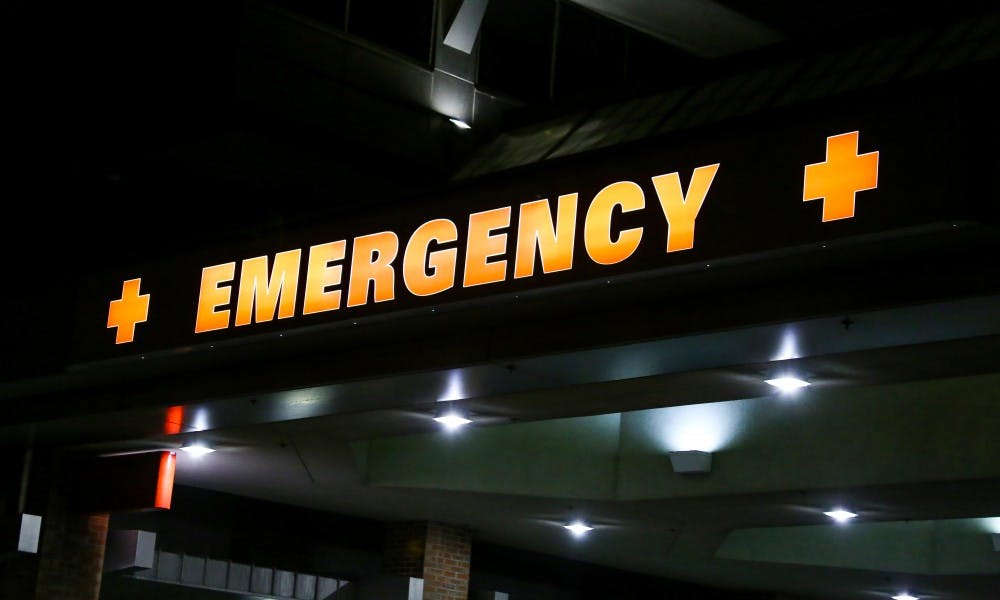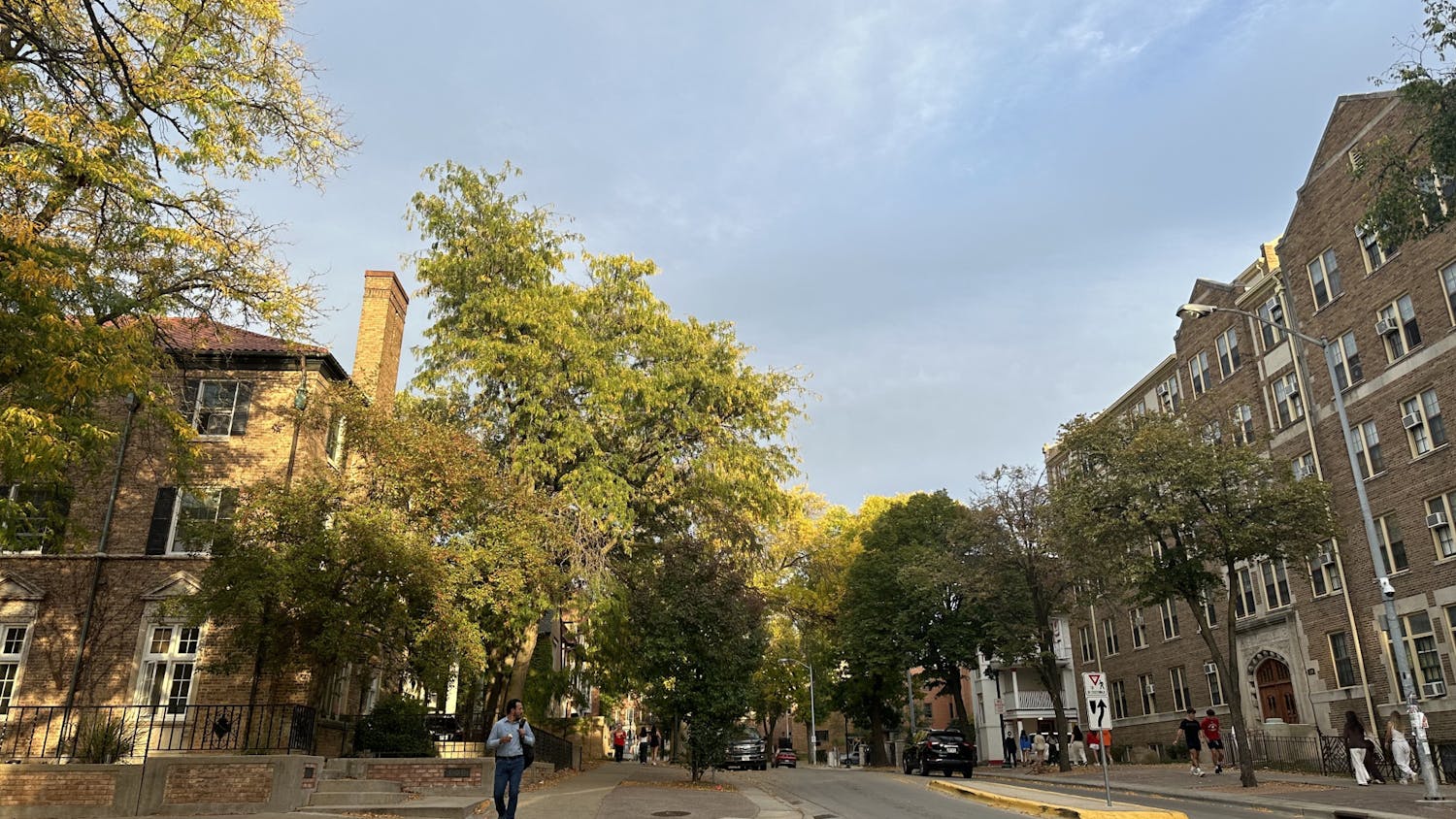Matthew Klimesh—a registered nurse who has worked in the trauma unit of UW-Hospital since 2013—said during his short time in acute care, so far, he has already seen several lives put on the line because
“I’ve seen a lot of young people end up in liver failure, with permanent brain damage or even dead,” Klimesh said. “Youth doesn’t afford invincibility.”
While the number of alcohol poisoning deaths in Wisconsin has risen substantially over recent years, state hospitals have seen a steady decrease in alcohol-related admissions since 2010.
There were 220 fatalities caused by alcohol-related poisoning in Wisconsin in 2014, according to the state Department of Health Services. The figure is up 45 percent since 2010, which saw 151 deaths attributed to poisonous levels of liquor consumption.
However, the rate of hospitalizations related to alcohol per 100,000 people in the state decreased by 5 percent over the same time span, from 857 in 2010 to 810 in 2007.
Those low hospital admittance rates could, according to Klimesh, include people under the age of 21 who—despite being dangerously intoxicated—don’t seek medical attention due to uncertainty around when it’s necessary or fear of getting in trouble with the law.
“Far too often, these young adults are found unconscious the morning after a night of partying,” Klimesh said. “Essentially they’ve been abandoned by friends believing they need to ‘sleep it off’ or their companions are too scared of legal repercussions if they seek medical attention.”
Paul Hick, emergency room director at Meriter Hospital, said in his eight years in the position he has never seen police called by medical personnel solely to report an underage person. The only time hospital staff might make a call to police is to request their help in figuring out the name of an intoxicated person who comes in with no identification.
Often police will take
“It’s not being arrested,” Hick said. “That’s a really important distinction. They’re in a safety hold, basically. The law stipulates that the patient is then handed over to the custody of the ER.”
Klimesh agreed that there is little basis for
Social workers might become involved with any intoxicated minors admitted to the hospital, he said, but staff
Overdosed patients might end up receiving a consult from a substance counseling team or from the psychology department before they leave, but police aren’t contacted—even in cases of illicit drug usage—if no other crimes have been committed, according to Klimesh.
“If the only crime you’ve committed is being an intoxicated
Klimesh said, in some of the most severe cases he’s seen, teens have lengthy hospitalizations, even up to six months in one incidence.
He said timing plays a big role in those patient outcomes, so knowing when to seek medical treatment and not being afraid to do so are essential.
“Early intervention is key in these situations,” Klimesh said. “If one person would take appropriate action rather than leaving them to sit overnight, I believe these situations could have much shorter hospitalizations and happier endings. The quicker we are able to get them to medical attention, the better the outcome will be.”






